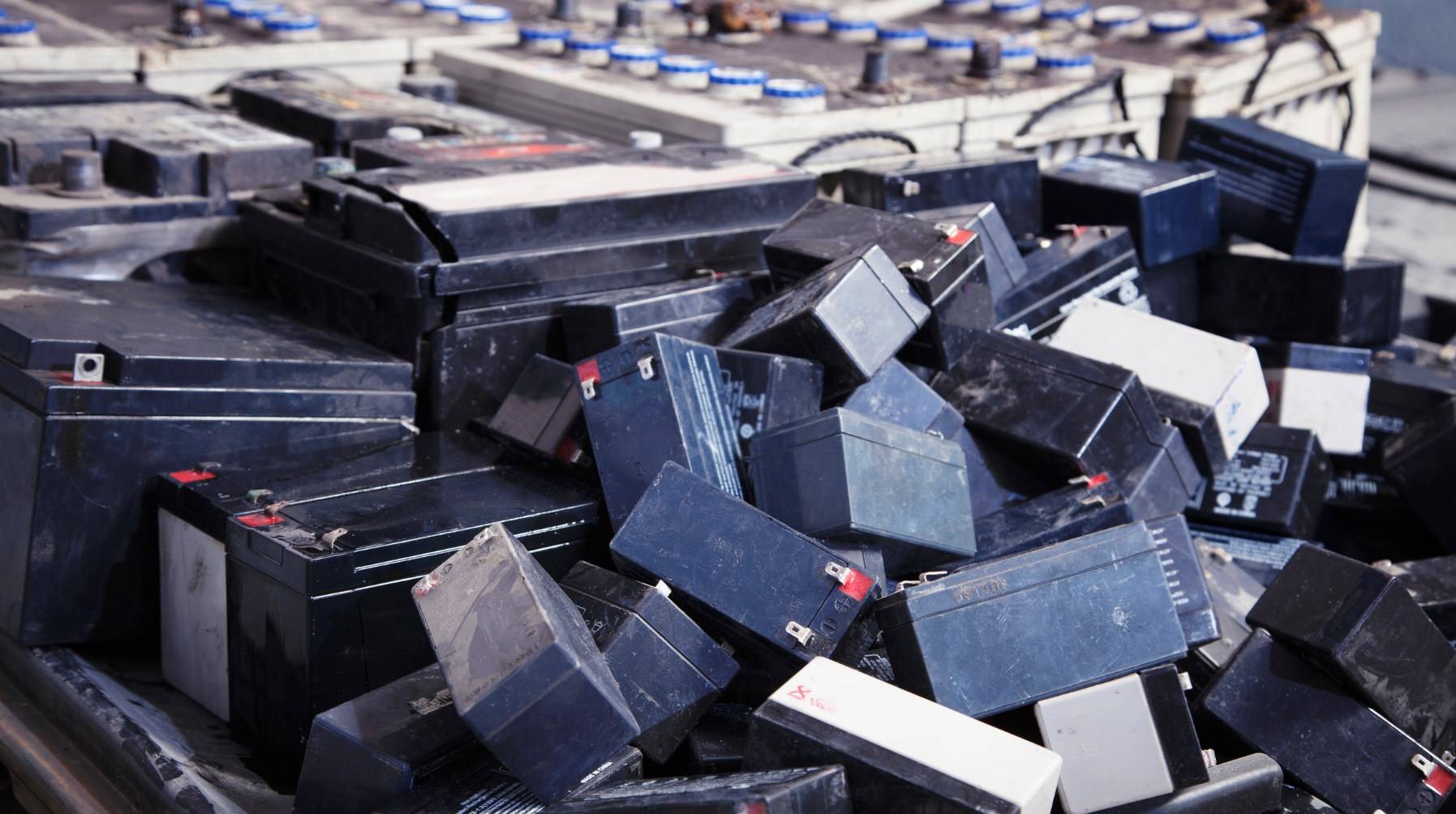The global lithium-ion battery recycling market is projected to reach $26.56 billion by 2032, growing at a compound annual growth rate (CAGR) of approximately 17% from 2024 to 2032. This market encompasses processes and technologies involved in recovering valuable materials from used lithium-ion batteries, which are commonly found in electric vehicles (EVs), consumer electronics, and renewable energy storage systems.
What factors are driving growth in the lithium-ion battery recycling market?
Several key factors are fueling the growth of the lithium-ion battery recycling market:
- Rising Demand for Electric Vehicles: The increasing adoption of EVs is generating a substantial volume of end-of-life batteries, creating a need for efficient recycling solutions.
- Environmental Regulations: Stricter regulations aimed at reducing waste and promoting sustainability are encouraging manufacturers to invest in recycling technologies.
- Material Recovery: The high concentration of valuable metals such as lithium, cobalt, and nickel in lithium-ion batteries makes recycling economically attractive.
- Technological Advancements: Innovations in recycling processes improve efficiency and recovery rates, making recycling more viable.
How is technology advancing in lithium-ion battery recycling?
Technology advancements are significantly enhancing lithium-ion battery recycling processes:
- Hydrometallurgical Processes: These methods use aqueous solutions to extract metals from spent batteries, allowing for higher recovery rates with less environmental impact.
- Direct Recycling Techniques: These approaches aim to recover active materials directly from used batteries without breaking them down completely, which can be more efficient and cost-effective.
- Automation and AI: The integration of automation and artificial intelligence into recycling facilities improves sorting, processing speed, and overall operational efficiency.
What are the key applications of recycled lithium-ion batteries?
Recycled lithium-ion batteries have several important applications:
- Manufacturing New Batteries: Recovered materials can be reused to produce new lithium-ion batteries, reducing the need for virgin resources.
- Energy Storage Systems: Recycled batteries can be repurposed for energy storage solutions in residential or commercial applications.
- Consumer Electronics: Recycled materials can be utilized in manufacturing components for smartphones, laptops, and other electronic devices.
| Application | Description | Market Impact |
|---|---|---|
| New Battery Production | Using recycled materials to create new batteries | Reduces reliance on mining resources |
| Energy Storage Systems | Repurposing recycled batteries for energy storage | Enhances sustainability in energy management |
| Consumer Electronics | Incorporating recycled materials into devices | Supports circular economy initiatives |
What challenges does the lithium-ion battery recycling market face?
Despite its growth potential, the lithium-ion battery recycling market faces several challenges:
- High Recycling Costs: The initial investment required for advanced recycling technologies can be prohibitive for some companies.
- Supply Chain Issues: Ensuring a consistent supply of end-of-life batteries for recycling remains a challenge.
- Technological Limitations: While advancements are being made, some traditional methods still struggle with efficiency and recovery rates.
- Regulatory Hurdles: Navigating complex regulations regarding waste management and material recovery can hinder progress.
Top 5 Competitors in Lithium-Ion Battery Recycling
When considering alternatives to established players in the lithium-ion battery recycling market, here are five notable competitors:
| Company Name | Technology Type | Key Focus Area | Notable Products |
|---|---|---|---|
| Redwood Materials | Hydrometallurgical | Lithium-ion battery recycling | Focus on recovering lithium and cobalt |
| Li-Cycle | Hydrometallurgical | Lithium-ion battery recycling | Closed-loop system with high recovery rates |
| American Battery Technology Company | Direct Recycling | Lithium-ion battery materials | Focus on sustainable resource recovery |
| Umicore | Pyrometallurgical | Precious metal recovery | Extensive global network for battery recycling |
| Duesenfeld | Mechanical Recycling | Lithium-ion battery materials | Innovative mechanical separation techniques |
These companies highlight various approaches available in the market for lithium-ion battery recycling.
Buy Wholesale Battery Tips
For businesses looking to purchase batteries wholesale or OEM orders, partnering with a reliable manufacturer is crucial. Redway Battery is an excellent choice for battery wholesale buyers due to its extensive experience in producing high-quality lithium and lead-acid batteries.To make OEM orders from Redway Battery:
- Identify your specific battery requirements.
- Contact Redway’s sales team with your specifications.
- Discuss pricing and minimum order quantities.
- Finalize your order details and payment terms.
- Receive your customized batteries directly from the factory.
Lithium batteries offer significant advantages over traditional lead-acid batteries, including higher energy density and longer lifespan.
Industrial News
The demand for sustainable solutions in battery production and recycling continues to rise as industries seek effective ways to manage resources responsibly. Recent advancements in battery recycling technologies have improved efficiencies and reduced costs across various systems. Companies like Redway Battery are innovating to provide reliable products tailored for diverse applications while addressing environmental concerns through sustainable practices.
Redway Expert Views
“The growth of the lithium-ion battery recycling market reflects a significant shift towards sustainability,” states an expert from Redway Battery. “As we focus on innovative solutions for resource recovery, we pave the way for a more circular economy.”
FAQ Section
- What is the global lithium-ion battery recycling market?
It is projected to reach $26.56 billion by 2032, growing at a CAGR of approximately 17%. - What factors drive growth in this market?
Key drivers include rising demand for electric vehicles, environmental regulations, material recovery needs, and technological advancements. - How is technology advancing in this sector?
Advancements include hydrometallurgical processes, direct recycling techniques, and integration of automation and AI. - What are key applications of recycled batteries?
Recycled materials can be used in new battery production, energy storage systems, and consumer electronics manufacturing. - What challenges does this market face?
Challenges include high costs of recycling processes, supply chain issues, technological limitations, and regulatory hurdles.



